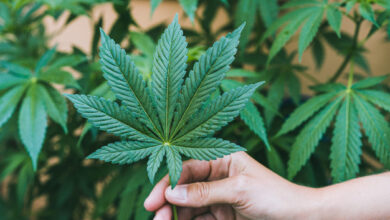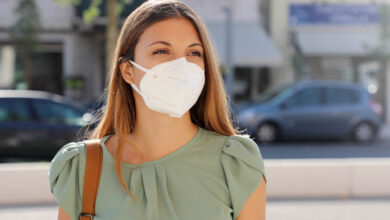5 Ways Isolation is Affecting Our Life During the Coronavirus Quarantine
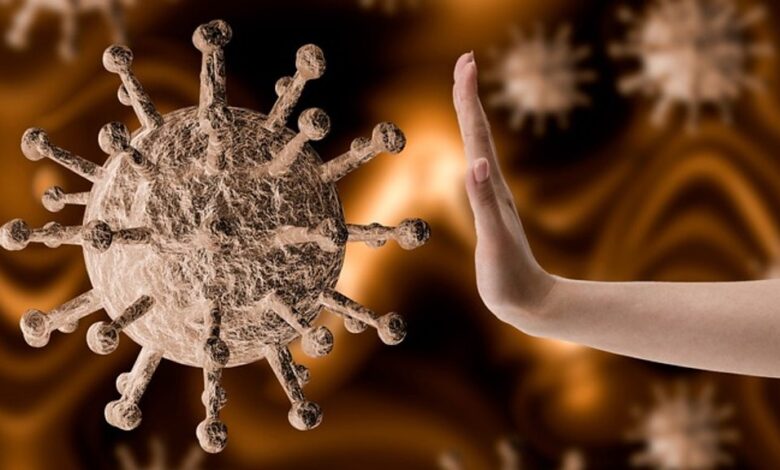
The new coronavirus causes an infectious disease named COVID-19. In March this year, WHO acclaimed that the situation around the world is risky and critical, announcing a coronavirus pandemic, because of the rapid spreading. When a sick person coughs or sneezes, the contaminated droplets can reach someone else’s respiratory organs, causing an infection.
Sadly, a lot of people died due to COVID-19 complications, but many of the infected cases have successfully recovered. But, the virus is new and there is no treatment available, so we need to stay home and follow the instructions provided by the World Health Organization and the local health associations, depending on where we are in the world. Some countries have strict measures, especially if they had too many sick people. But, the general recommendations are to wash the hands with water and soap, use a disinfect gels and sprays and to stay home, so the spread can be stopped.
This situation affects our life in many ways and has many positive, but also, many negative aspects. Let’s see how isolation is affecting us, while the doctors are fighting against the virus:
We get more stressed and anxious
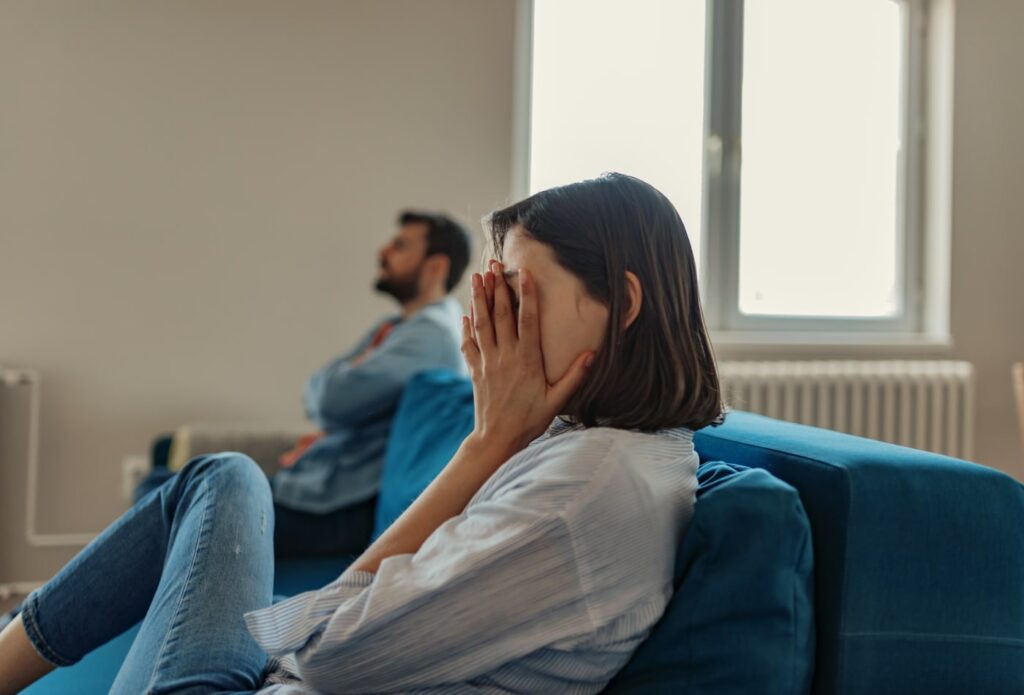
These routines are different than those we had before the pandemic. Many people lost their jobs, or need to go to unpaid leave for a few months. The companies needed to revise budget plans, that lead to many salary cuts and layoffs. Everything stopped working and our social life is on hold until the crisis ends. We may think that finally, we have time to sleep and rest, but after a few days, we realize that the restrictions are stressing us. We need to be careful where we go, when we can go out, how close are we to someone else, is the store clean enough, can I get infected by talking to my friend…? It’s normal to be afraid because the whole life took a different course, but we hope that everything will be back to normal soon.
Weird and vivid dreams

Many people reported that their dreams became weird after the pandemic started. Some experts tried to explain that phenomenon. It’s possible that we are not tired enough, so the sleeping patterns are changed and our brain reacts with vivid scenes in our dreams. Another theory is that this crisis is causing a lot of emotional issues, and in our dreams, we try to resolve them. They are a reflection of the mental troubles that we have because of the coronavirus. We are afraid, emotional, sad, freaked out and stressed, everything around us is unusual and we changed a lot of our habits and routines. All of these factors affect our sleeping, the brain is not too tired and it “serves” us with weird and bizarre, and still realistic dreams.
It affects the intimacy

Many couples need to stay separated during the crisis because they don’t live together. This crisis will affect a lot of relationships, especially the “young” ones. The time is confusing and the communication is determined to chatting and phone calls, and rarely with real-life meetings. Young people are getting into a stage named Intimacy vs. Isolation when they want to be close to other people, not just with their families. To get to know more about this life stage, you can visit BetterHelp. It will help you to understand the aspects of love. Find the right way to overcome the situation and learn about the aspects of the relationships in your life, including the romantic, but also family and friend’s ones.
Working from home is possible
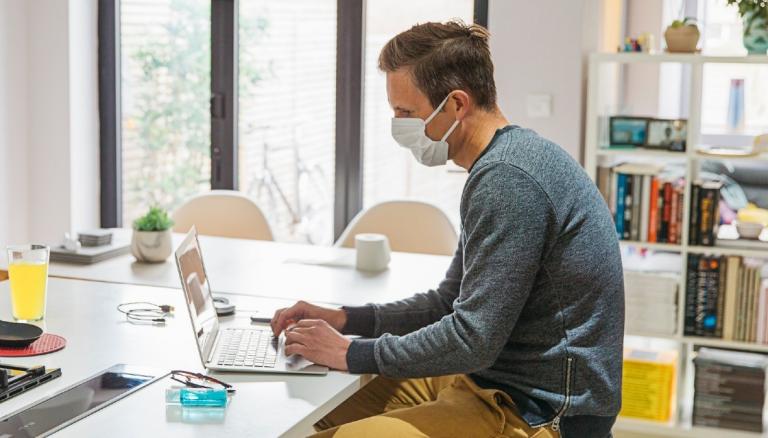
The coronavirus outbreak forced many people to move their jobs in their homes. The digital era allowed us to stay connected with coworkers online and do finish the tasks even better than in the office. We learned that working from home is equally good and productive as the office work if the nature of the job allows it. Since many people work from home, those who need to be at their workplace have a lower risk of meeting with infectious persons.
It prepares us for the new normal

Many things in the world will be changed after the pandemic ends. For example, avoiding a handshake won’t be considered an impolite behavior, and we won’t need to hug everyone we met on the streets. The bars will avoid overcrowding and we will learn to appreciate the free space around us. This situation is a grand lecture for everyone, teaching all of us to respect what we have and how we are treating nature and the people around us.
Hopefully, this crisis will end soon. Until then, we need to get enough sleep, stay active, eat healthy food, and take care of our mental health. We have a lot of time to watch all of the series we missed during the past years, to read the books that we piled at home, and to spend quality time with the people we are isolated with (the partner or our families). If you are alone in self-isolation, reach out to them virtually. Focus on the important things, exercise, and be active as much as you can, and the self-isolation won’t affect you that bad.
You only need to stay away from groups and crowds and try to avoid contact with people who have flu symptoms. The coronavirus took more than 190,000 lives, and more than 274 million people were infected. Some of them had mild flu-like symptoms, but others needed to stay at the hospital for weeks until they recovered and tested negative for the virus. Try to inform yourself by following relevant sources and avoid fake news and untrusted media. Many misinformation is spreading with the light-speed on social media, including potentially dangerous cures and treatments. If you think you had a contact with an infected person, you need to self-isolate for 14 days and if you develop symptoms, inform your doctor, so you can be tested and diagnosed. This crisis changed the world, and we hope these changes are for good.
